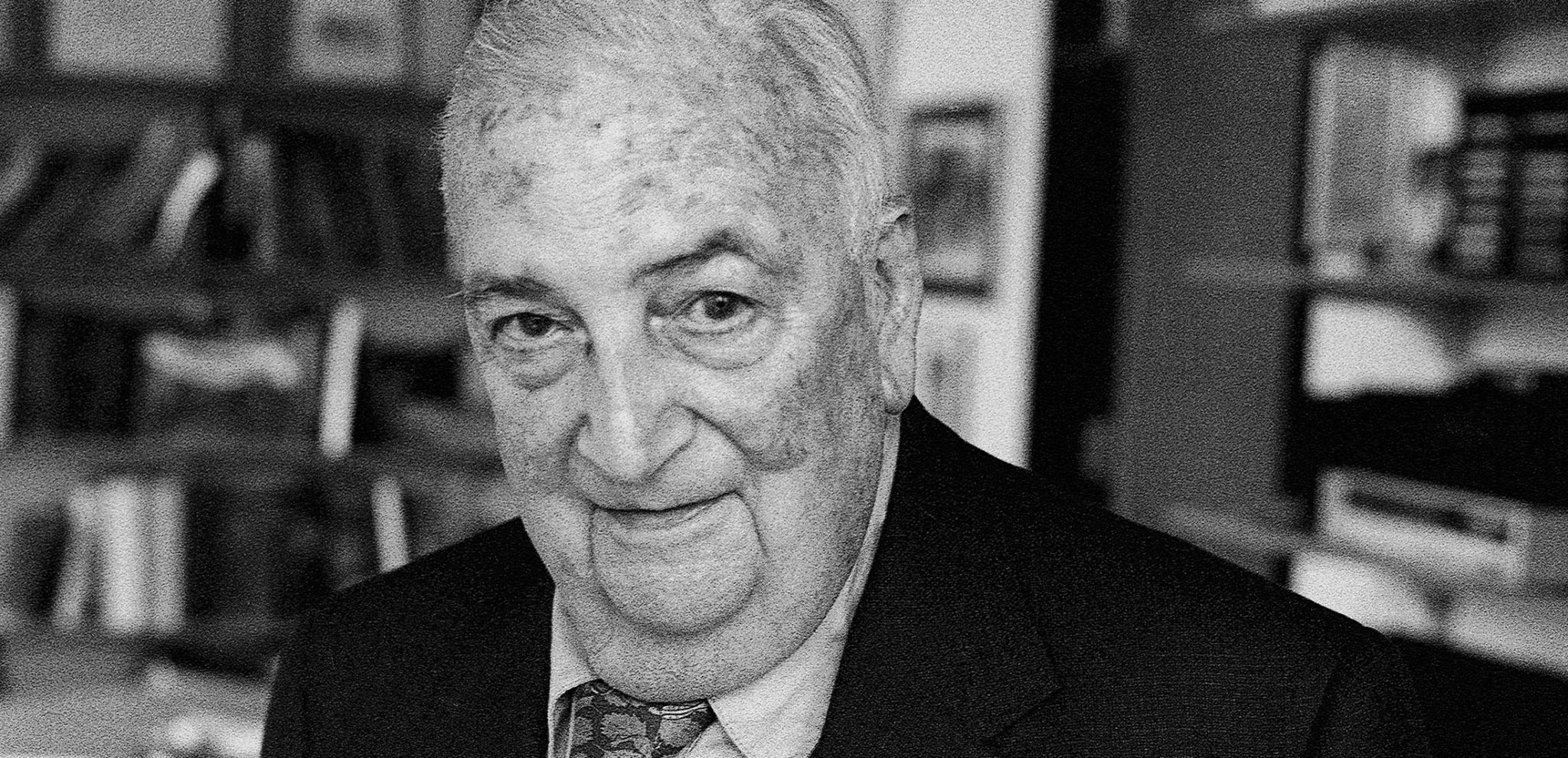
Baruj Benacerraf (1920-2011) was a Venezuelan-American immunologist who shared the 1980 Nobel Prize in Physiology or Medicine. Benacerraf's most significant contribution to his field is the identification of gene groups called ‘major histocompatibility complexes’ that determine a person's susceptibility to certain diseases, as well as their capacity to mount an immune response and their compatibility for organ transplants. Overall, his findings paved the way for most of modern immunology. Outside of the laboratory, Benacerraf showed a rare combination of intellect and business leadership. As president of Dana-Farber, Benacerraf helped the institution expand both physically and scientifically. He recruited top researchers and clinicians from around the world to Dana-Farber’s Boston campus, where they could also serve as teaching professors at Harvard Medical School next door. He himself was chairman of the Department of Pathology and was the George Fabyan Professor of Comparative Pathology at Harvard Medical School from 1970 to 1991. Before Faber, Benacerraf spent several years as part of the faculty of the New York University School of Medicine, rising to become professor of pathology in 1960. He also served on several scientific and medical boards, including as president of the Sidney Farber (now Dana-Farber) Cancer Institute in Boston. He has received several honors, including the National Medal of Science in 1980.
In 1940, Benacerraf enrolled at Columbia University's School of General Studies, a branch of the school aimed at nontraditional and foreign students. During this phase, he got the opportunity to gain an understanding of immunochemistry and basic immunology. This inspired Benacerraf to study biology and medicine instead of going into the family business as his father would have wanted. At Columbia, Benacerraf's personal life also improved. It was during this time that he met and wooed the great love of his life, Annette Dreyfus, a student at nearby Barnard College. But even love couldn't slow down Benacerraf's academics. He blazed through Columbia's program in three years, finishing all pre-medical requirements and earning a Bachelor of Science degree in 1942.
Throughout his eventful life, Benacerraf remained a dedicated and active member of the Columbia family. Indeed, his first serious adventure in research began at Columbia in 1948. After his discharge from military service, Benacerraf took a training fellowship at the Columbia University College of Physicians and Surgeons. As a researcher, Benacerraf worked closely under Elvin Kabat, a towering figure in immunochemistry and carbohydrate biochemistry. In this position, Benacerraf developed a strong appreciation of methodological accuracy that would later serve him in his pioneering research. Although Benacerraf was only able to spend 18 months as a researcher at Columbia, it would not be the last time he revisited his old academic stomping grounds. In 1985, Benacerraf was awarded an Honorary Degree of Doctor of Sciences by Columbia University, which cited the researcher's broad medical legacy that continues to impact people around the globe.
